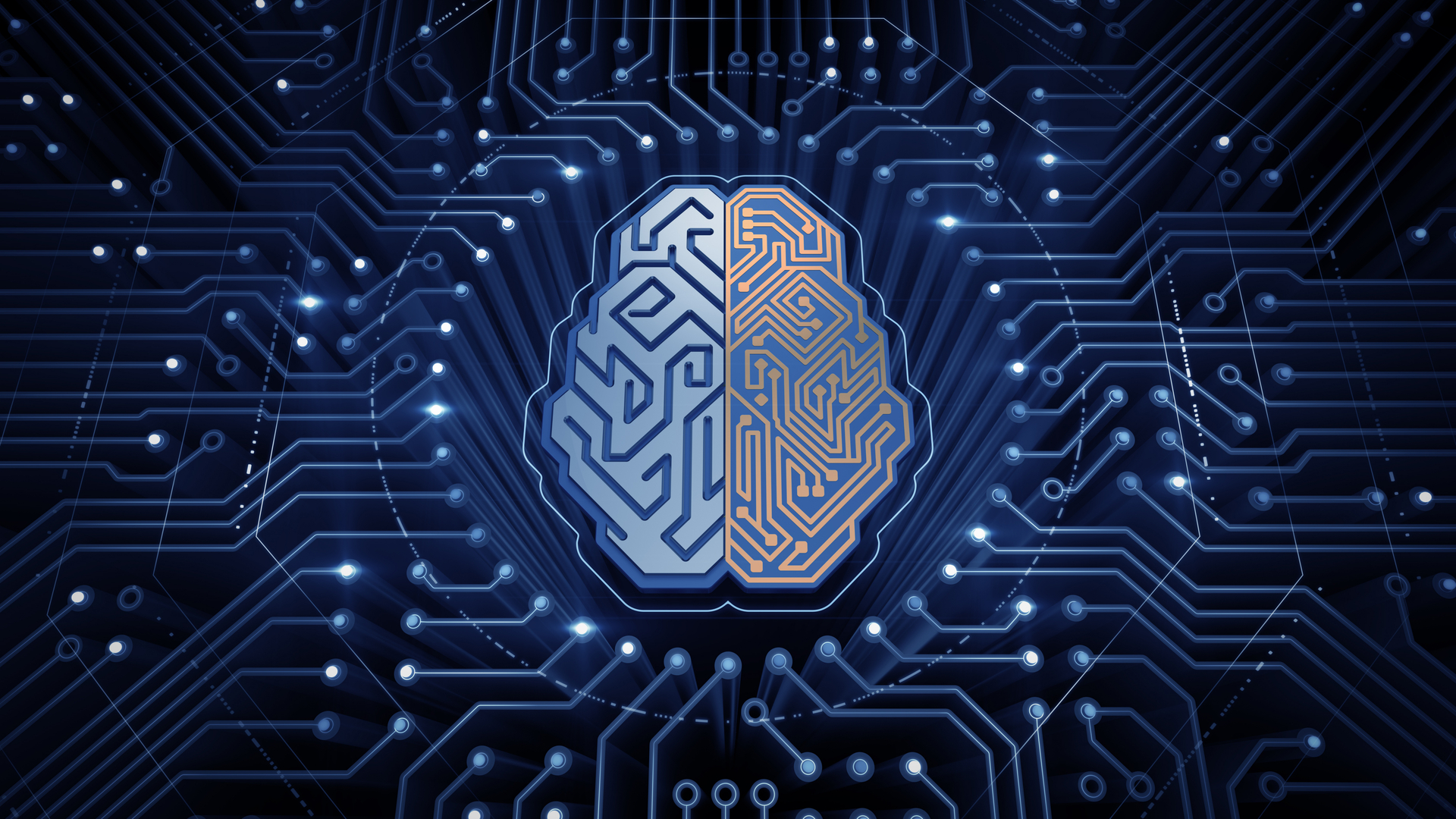Why do they bother me? It’s the loss of independence. Would you trust your self-driving 4×4 to take you from one end of the Rubicon Trail to the other arriving…

Why do they bother me? It’s the loss of independence. Would you trust your self-driving 4×4 to take you from one end of the Rubicon Trail to the other arriving unscratched, let alone all of the passenger alive? OK, I know that about 99.9999% of everyone driving around in their 4WD, all-wheel drive and whatnot never intend to take them off a paved surface unless it’s a gravel parking lot at the local pumpkin patch. And most of those cool guys with jacked up 4×4’s with 10’ lift kits haven’t a clue; they raise not only their vehicle so they can mount those massive tires, but also their center of gravity. But since they’ll probably never drive off-road they don’t have to worry about flipping their vehicle—unless they drive over a curb. To be honest I have to admit I have a Toyota Tacoma 4×4 with a 3” lift kit to accommodate my slightly larger than OEM tires. We also own a mini-van and a Prius.

My “mega truck”
WAKE UP! I know you thought this would be on a more ethereal level and not a screed about 4×4’s. So let’s get serious. Given the above, I believe it will be awhile before we get rid of human driven vehicles, though the vehicle in your driveway might become a collector’s item sooner than you think. Even tractor trailers might become autonomous soon if Mercedes has its way. But not all trucks are that easily automated. What about dump trucks, tow trucks, ambulances and fire trucks, or trucks with wide loads? Hey and what about motorcycles?
Why are these “exceptions” important? It’s because today the accident rate for self-driving cars is twice that of non-self-driving cars and the reason is all the other vehicles on the road. The problem is that autonomous cars follow the rules of the road and most human drivers don’t. Autonomous cars are more likely to be rear-ended by an inattentive human than human driven vehicles.
Not only do autonomous cars follow the rules, but they are learning machines. That means that as they drive they learn. Therefore they are not programmed for every possible situation they might encounter; they learn as they go. This complicates things a bit since the “code” changes itself as it learns. This makes troubleshooting and reconstructing events a bit troublesome. This will evidently lead to legal issues yet to be imagined. Who’s at fault when an autonomous vehicle is at fault in an incident? This has already popped up in San Francisco where a motorcyclist claimed an autonomous vehicle hit him and he’s suing GM, even though he was the one cited.
Clearly this technology will require a major cultural change; maybe the millennials can handle it but I don’t think I can.
